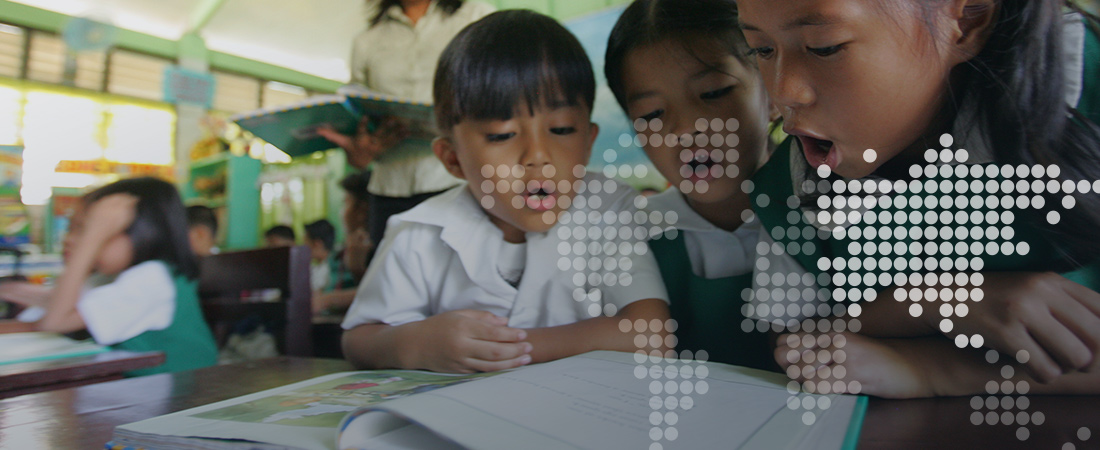
EDC's work to strengthen literacy instruction has improved outcomes for millions of students in the Philippines.
With one quarter of the population between the ages of 10 and 24, the demand in Southeast Asia for education and economic opportunity is greater than ever. EDC’s efforts in Indonesia, the Philippines, and the Lower Mekong to create meaningful opportunities for youth by aligning public, private, education, and industry partners have been successful, reaching hundreds of thousands of young people.
EDC is also improving elementary and basic education for younger children though high-quality literacy programs, teacher professional development, and policy implementation. And we are fighting drug abuse and HIV/AIDS through programs that help people develop the knowledge and behaviors they need to chart a long, healthy future.
Projects
Resources
This program note summarizes key gender issues in livelihoods and workforce development programs and discusses EQUIP3's approach to addressing gender, using examples from specific EQUIP3 youth projects to illustrate lessons learned.
Future Proof Skills is a comprehensive work-readiness and skills-development program designed for higher education students and graduates and will enable them to not only join the workforce, but to also thrive in any type of work environment.
This guide provides an overview of IRI as a methodology, and discusses its feasibility and applicability in a range of contexts.
Minority Education for Growth and Advancement–Skills for Youth (MEGA-SkY) was supported by the United States Agency for International Development (USAID), and implemented by EDC in collaboration with International Youth Foundation (IYF).
This report outlines the need to work together with new and unlikely allies, other than education actors alone, to reimagine how our interconnected systems—health, education, economic development, and the protection of our planet—can work toward Sustainable Development Goal 4: Quality Education and beyond.
Focusing on eight key sectors, the report identifies sector trends, education and employment gaps, available job roles, and examines stakeholder dynamics.
These free online training courses are designed to help entrepreneurs learn what they need to know to establish and grow a business. Users learn at their own pace in their own time.
This report examines four approaches to technical and vocational education and training (TVET) employed by USAID between 2007 and 2012.
This report, developed for the Sustainable Financing Initiative (SFI) of the School Meals Coalition, explores if and how climate finance could enable governments to expand school meals programs through additional resources and whether climate finance for school meals can transform wider food systems. This technical note is one of three background papers contributing to a wider paper on innovative financing for school feeding by the SFI.
Interactive audio instruction (IAI) is a distance-learning technology that provides educational services, often to schools and school systems worldwide.